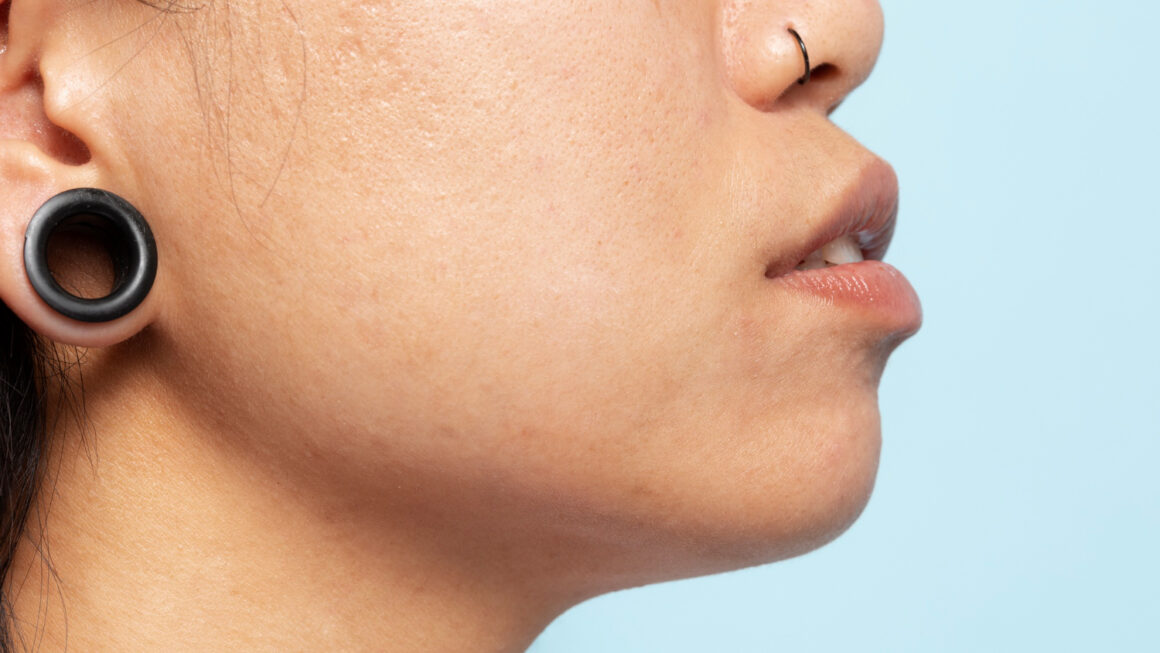Sperm is a key component of male reproductive biology, responsible for fertilizing the female egg during sexual reproduction. While there are many factors that contribute to the overall health of sperm, such as sperm count, motility, and morphology, the smell of sperm is not typically an indicator of its quality or health.
Sperm itself does not have a distinct odor, and healthy sperm generally does not have any noticeable smell. However, semen, which is the fluid that contains sperm as well as other components, can have a slight musky odor. This odor is typically mild and not overpowering.
The smell of semen can be influenced by various factors, such as diet, hydration levels, and the presence of sexually transmitted infections. For example, consuming certain foods like garlic or asparagus can cause semen to have a more pungent odor, while dehydration can make semen smell more concentrated.
It’s important to note that some infections, such as bacterial vaginosis or trichomoniasis, can cause semen to have a foul or fishy odor. These infections can be transmitted through sexual contact, and anyone experiencing unusual symptoms should speak with a healthcare provider.
In addition to infections, certain medications and lifestyle habits can also affect the smell of semen. For example, smoking tobacco or marijuana may cause semen to have a bitter or unpleasant taste and odor. Some medications, such as antibiotics, can also alter the smell and taste of semen.
While the smell of semen may not be a reliable indicator of sperm health, there are other factors that can impact sperm quality and fertility. Sperm count, motility, and morphology are all important factors to consider, as well as lifestyle habits such as diet and exercise.
If you have concerns about your reproductive health or are experiencing unusual symptoms, it’s important to speak with a healthcare provider.
They can perform a physical examination, run tests, and provide guidance on how to maintain good reproductive health. In addition, practicing safe sex and using protection can help reduce the risk of sexually transmitted infections that can affect semen and overall reproductive health.
What does healthy sperm smell like?
Back To Top




